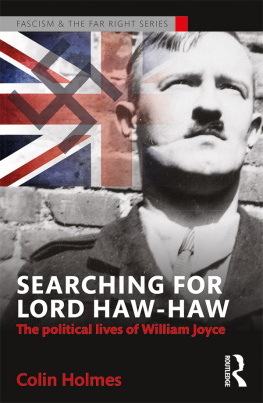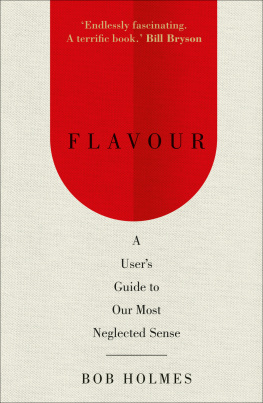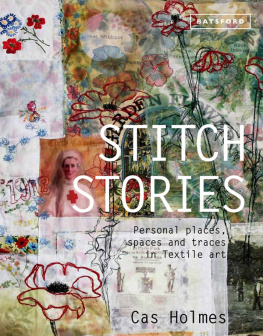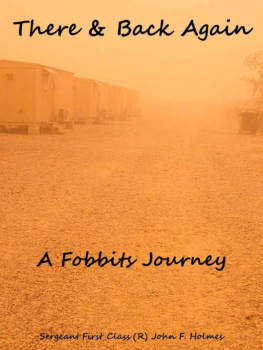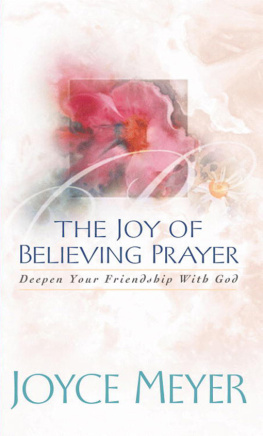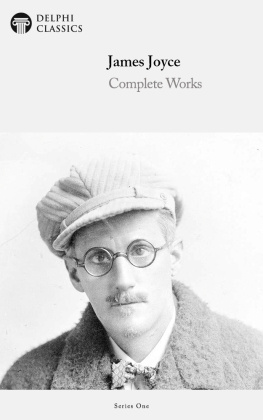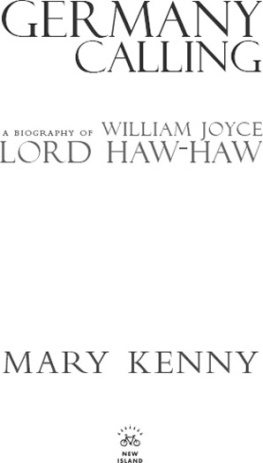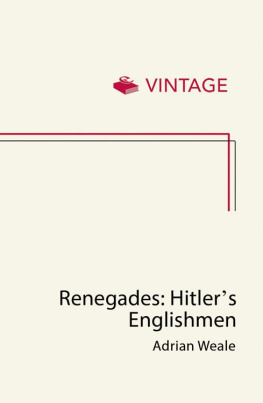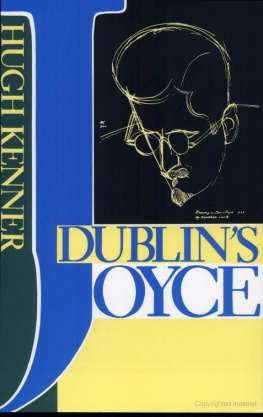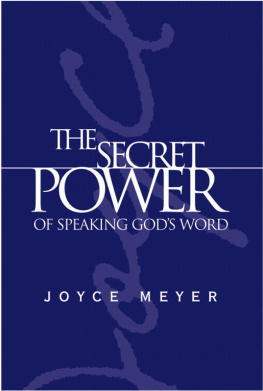Searching for Lord Haw-Haw
Searching for Lord Haw-Haw is an authoritative account of the political lives of William Joyce. He became notorious as a fascist, an anti-Semite and then as a Second World War traitor when, assuming the persona of Lord Haw-Haw, he acted as a radio propagandist for the Nazis. It is an endlessly compelling story of simmering hope, intense frustration, renewed anticipation and ultimately catastrophic failure.
This fully referenced work is the first attempt to place Joyce at the centre of the turbulent, traumatic and influential events through which he lived. It challenges existing biographies which have reflected not only Joyces frequent calculated deceptions but also the suspect claims advanced by his family, friends and apologists. By exploring his rampant, increasingly influential narcissism it also offers a pioneering analysis of Joyces personality and exposes its dangerous, destructive consequences.
What a saga my life would make! Joyce wrote from prison just before his execution. Few would disagree with him.
Colin Holmes is Emeritus Professor of History at the University of Sheffield, UK.
Routledge Studies in Fascism and the Far Right
Series editors: Nigel Copsey, Teesside University, and Graham Macklin, University of Huddersfield
This book series examines fascist, far right and right-wing politics within a historical context. Fascism falls within the far right but the far right also extends to so-called radical-right populism. Boundaries are not fixed and it is important to recognise points of convergence and exchange with the mainstream right.
The series will include books with a broad thematic or biographical focus suitable for students, teachers and general readers. These will be available in hardback, paperback and e-book. The series will also include books aimed largely at subject specialists which will appear in hardback and e-book format only.
Titles include:
Cultures of Post-War British Fascism
Nigel Copsey and John E. Richardson
France and Fascism
February 1934 and the dynamics of political crisis
Brian Jenkins and Chris Millington
Searching for Lord Haw-Haw
The political lives of William Joyce
Colin Holmes
Searching for Lord Haw-Haw
The political lives of William Joyce
Colin Holmes

First published 2016
by Routledge
2 Park Square, Milton Park, Abingdon, Oxon OX14 4RN
and by Routledge
711 Third Avenue, New York, NY 10017
Routledge is an imprint of the Taylor & Francis Group, an Informa business
2016 Colin Holmes
The right of Colin Holmes to be identified as author of this work has been asserted by him in accordance with sections 77 and 78 of the Copyright, Designs and Patents Act 1988.
All rights reserved. No part of this book may be reprinted or reproduced or utilised in any form or by any electronic, mechanical, or other means, now known or hereafter invented, including photocopying and recording, or in any information storage or retrieval system, without permission in writing from the publishers.
Trademark notice: Product or corporate names may be trademarks or registered trademarks, and are used only for identification and explanation without intent to infringe.
British Library Cataloguing-in-Publication Data
A catalogue record for this book is available from the British Library
Library of Congress Cataloging-in-Publication Data
Holmes, Colin, 1938 author. Searching for Lord Haw-Haw : the political lives of William Joyce / Colin Holmes.
pages cm. (Routledge studies in fascism and the far right)
Includes bibliographical references and index.
1.Joyce, William, 19061946.2.DefectorsGreat BritainBiography.3.Nazi propagandaGreat BritainHistory.4.World War, 19391945GermanyPropaganda.5.Radio in propaganda.6.TreasonGreat Britain.I.Title.
DA587.H65 2016
940.5488743092dc23
[B] 2015012713
ISBN: 978-1-138-88884-5 (hbk)
ISBN: 978-1-138-88886-9 (pbk)
ISBN: 978-1-315-68416-1 (ebk)
Typeset in Bembo
by Apex CoVantage, LLC
In memory of my mother, Grace Mary Holmes (19021995), who lived through these turbulent times and to whom I owe so much.
Contents
Part I
Identities
Part II
Ideologies
Part III
Speaking
Part IV
Connecting
Part V
Retribution
Part VI
Judgements
Part VII
Epilogue
I first read the political writings of William Joyce when researching the history of British anti-Semitism. However, I already knew of his activities, assuming for many years I had heard his wartime voice as Lord Haw-Haw. The memory often deceives and my sister offered evidence that flattened my belief.
For some time I kept a file on Joyce. But my attempt to write seriously did not begin until the later 1990s. I had intended to write a standard biography. However, he left little by way of private papers and parts of his life remain stubbornly obscure. Some biographers, swamped with material, can tell us what their subjects ate for breakfast on any particular day or, in Beatrice Webbs case, the books she ordered from the British Museum. Such fine detail does not exist on Joyce. In one respect this absence is not a major problem. From an early age he lived his life as a political activist and this consuming interest, on which there are surviving records, amounts to his fundamental historical legacy. His life with Margaret, his second wife, is a love story that deserves to be told. But nothing in this relationship, which he dominated and needed to control, significantly affected or changed him, certainly never seriously influenced his politics. I took a decision, therefore, to focus on Joyces political life. At first my progress proved slow on account of a disproportionately heavy teaching load. When retirement lifted that responsibility, I began to experience health problems that had their origins before I left full-time work. Nevertheless, I continued to engage with the muses.
The award of the Hartley Fellowship at the University of Southampton in 2000 afforded me access to the impressive collection of anti-Semitica and related items in the Parkes Collection. The British Library in St Pancras, its Colindale site and its colonial outpost at Boston Spa, were ransacked for their scholarly riches. I drew once more on the resources of the Wiener Library. The official files in the National Archives proved invaluable. I benefited from materials in the National Maritime Museum the London Metropolitan Archives, the Imperial War Museum and Kings College, London, the last of which possesses the Arthur Bryant collection, the Hamilton papers and part of the J.F.C. Fuller archive. I worked in the less well-known Rawnsley archive in the University of Bradford. Faber and Faber generously allowed me to consult files in their possession. Sir Oswald Mosleys papers in Birmingham University Library, the Charles Sarola collection at the University of Edinburgh, documents at the BBC Written Archives Centre at Reading, along with files at the Mass-Observation Archive at Sussex, yielded valuable information. The Manchester Central Reference Library, and public libraries in Kensington, Oldham and Sheffield, provided other sources. The Labour History Archive and Study Centre in Manchester held several useful documents.

